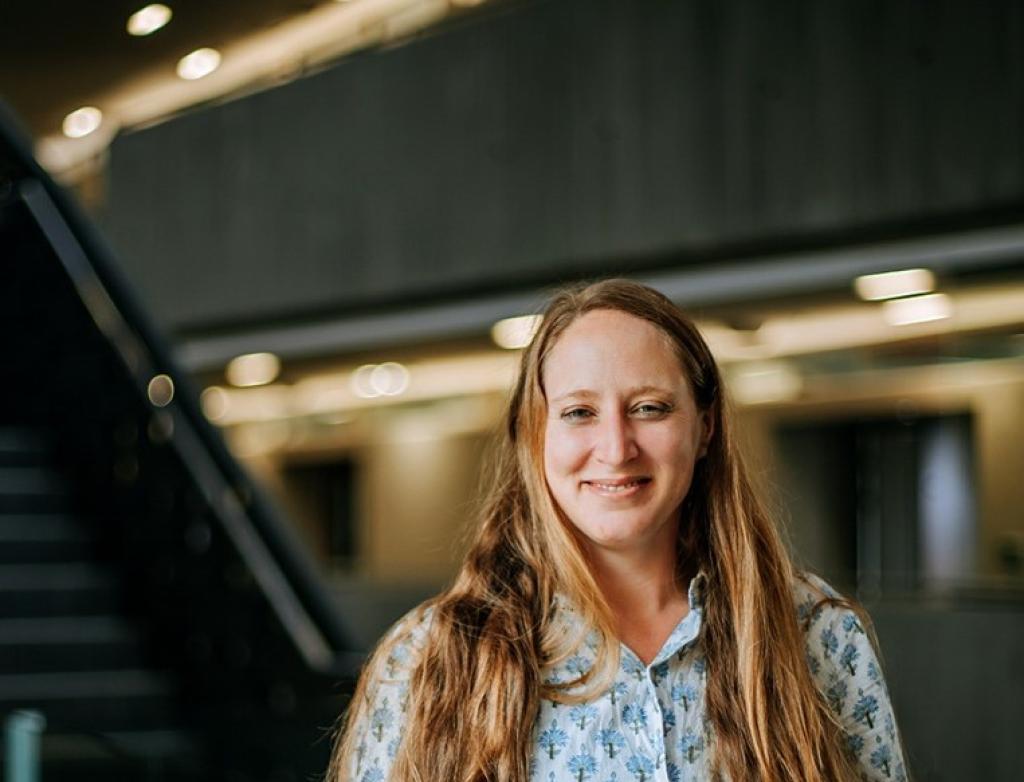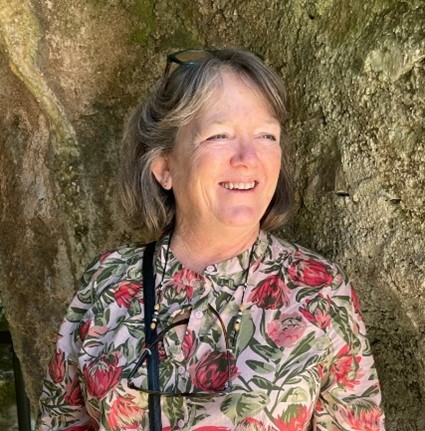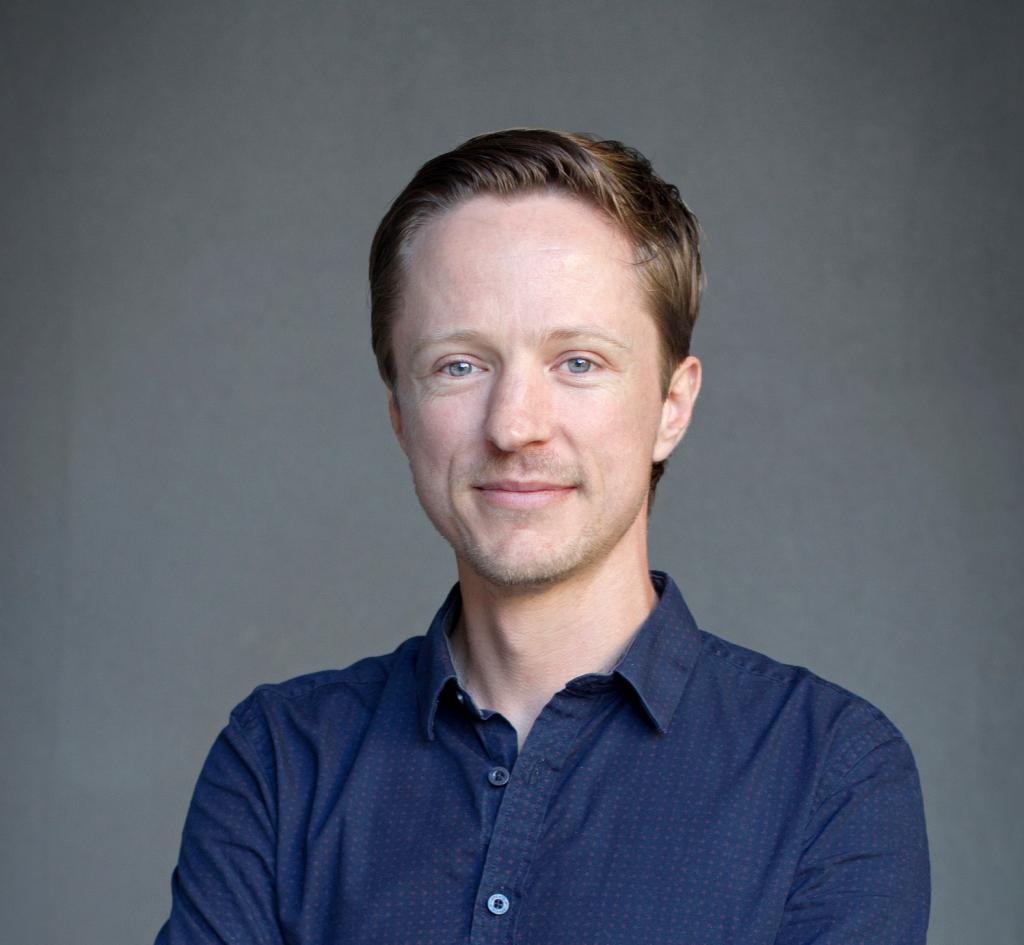PI: Assoc/Prof David Ikumi, Dr Amber Abrams
Grand Challenge Priority Areas: ‘Advancing Afrika’, ‘Building a Healthy Afrika’, ‘Our Southern Location’, ‘On Being Human’, ‘Natural Resource Efficiency for Sustainable Development’
South Africa faces increasing water scarcity which requires a shift in relations with water of varying qualities to ensure equitable and sustainable future systems. Research is needed to consider (i) existent governance and the gaps in current policy, (ii) challenges with conventional approaches to water resource management, (iii) technological innovations, (iv) peoples’ relations regarding water and (v) future potential risks related to water. This research programme intends to address these through a multi-pronged, processual and transdisciplinary approach that will focus on efforts towards achieving the ‘net zero water’ concept, which aims to reduce water demand, maximise alternative water sources, and minimise waste, whilst ensuring investment in people, meeting of local interests and promotion of equity and justice.
Methods include laboratory and field scale studies, GIS mapping, statistical analysis, modelling, including the use of digital twins and IoT, scenario analyses, water quality risk assessments and stakeholder consultation and collaboration. The aim of this research is to improve Africa's water security through the co-creation and co-design of pragmatic solutions and governance systems for reusing and recovering resources in water, enhancing water management and addressing risk. Researchers from faculties of EBE (Civil Engineering, APG), Science (EGS), Health Sciences (Public Health), Commerce (Economics), Law (Public Law) and Humanities (Social Anthropology) will work together in transdisciplinary teams, and expand into other departments/disciplines as required.
We are working alongside civic organisations and stakeholders in the water and sanitation sector, and within partnerships with external institutes on the development of translational research outputs to influence policy. The research team acknowledges that one key role is to act as knowledge bridges and relational connectors, linking policy and decision makers/implementers with local residents, workers and citizens who, daily, face the realities that emerge from decisions and policies.
Although separated for organisational purposes, work streams are intertwined and build on one another, often overlapping in objectives, with many streams addressing multiple key themes. Our intention is to reorient siloed research towards more holistic/relationalbapproaches by addressing multiple intertwined processes (i.e., governance, politics, economics, social realities):
WS1: Water Quality Laboratory Landscape Mapping and Virtual Network;
WS2: Perception,Behaviours, Practices and Ways of Being; WS3: Water & resource recovery facilities system-wide modelling & digital twinning;
WS4: Circular economy approaches: resource recovery, treatment & processing innovations;
WS5: Improving water quality and addressing risk through Nature-based Solutions;
WS6: Policy, legislation and governance;
WS7: Integration, Education and Engagement for Just Water Futures.
Details on who is involved in work streams and specific areas of focus and contribution are available below from our team profile.
Postgrad Research Booklet 2024
RRIP Launch Newsletter
View the newsletter of our RRIP program launch, which captures a recap of the agenda and a summary of critical findings and questions that emerged.
Project Team - Profiles and Project Roles

Full name: Amber Abrams
Title: Senior research officer and RRIP project co-PI
Contact: amber.abrams@uct.ac.za
Work stream(s) involvement and type of work:
WS1 - WS7: As co-PI, Amber provides a pivotal role in research and project coordination, linking all the WS and researchers together.
WS1: Water Quality Laboratory Landscape Mapping and Virtual Network – water quality landscape and capacity mapping; coordinating the mapping efforts across campus and private entities.
WS2: Perception, behaviours, practices and ways of being - social anthropology and engagement work on a number of projects - overseeing the people centred aspects of approaches and interventions that incorporates efforts towards more sustainable water futures through individual, policy and implementation research. Projects include WRC MAR BGI and NbS4AfrRes as well as the ongoing work as part of PaWS (see https://futurewater.uct.ac.za/current-projects).
WS5: Improving water quality and addressing risk through Nature-based Solutions (NbS) Connecting research efforts across projects and WSs; supporting research efforts at the Water Hub; incorporating NbS into curricula through the NbS4AfrRes capacity building project.
WS6: Policy, legislation and governance - integrating physical experimentation and institutional enquiry as part of the ‘Pathways to water resilient South African cities’ project, and working on guidelines/frameworks (i.e. greywater resources and WSD in SA), through WRC MAR BGI project work focused on policy and governance frameworks.
WS7: Integration, Education and Engagement for Just Water Futures – translating research into information for a variety of audiences, projects include Khusela Ikamva and NbS4AfrRes; engagement activities and activations to address people's relations in the water cycle; raising awareness of our place in the Source to Sea cycle; bringing in arts-based and public spaces engagements using research data and science in public translation efforts; working with NGOs and CBOs for learning materials and awareness raising activities.
Links to Amber's profiles:
https://futurewater.uct.ac.za/about/our-team;
https://www.linkedin.com/in/amber-abrams-34375321;
https://ebe.uct.ac.za/department-chemical-engineering/contacts/amber-abrams

Full name: Kirsty Carden
Title: Associate Professor and Future Water Director
Contact: Kirsty.Carden@uct.ac.za
Work stream(s) involvement and type of work:
WS1: Water Quality Laboratory Landscape Mapping and Virtual Network – water quality landscape and capacity mapping; brings in expertise and experience from Water Sensitive Design CoP (including Water Map - https://wsudsa.org/water-map/examples-of-water-sensitive-design-projects/). Other relevant project includes AFD BRGM CECs in groundwater.
WS2: Perception, behaviours, practices and ways of being - social learning work as part of the WSD CoP, an approach that incorporates efforts towards more sustainable water futures through individual, policy and implementation research. Projects include WRC MAR BGI and NbS4AfrRes as well as the ongoing work as part of PaWS (see https://futurewater.uct.ac.za/current-projects).
WS5: Improving water quality and addressing risk through Nature-based Solutions (NbS) – supporting research efforts at the Water Hub as part of the TUM WEF nexus Hub (feasibility of water reclamation and reuse using biofiltration); as well as NbS4AfrRes capacity building project.
WS6: Policy, legislation and governance - integrating physical experimentation and institutional enquiry as part of the ‘Pathways to water resilient South African cities’ project, and work on guidelines/frameworks (i.e. greywater resources and WSD in SA), as well as WRC MAR BGI project work focused on policy and governance frameworks.
WS7: Integration, Education and Engagement for Just Water Futures – translating research into information for a variety of audiences, Projects include Khusela Ikamva and NbS4AfrRes
Links to Kirsty's profiles:
https://futurewater.uct.ac.za/about/our-team;
https://ebe.uct.ac.za/department-civil-engineering/aprof-kirsty-carden;
https://www.linkedin.com/in/kirsty-carden-608361a/?originalSubdomain=za
Full name: David Ikumi
Title: Associate Professor, Department of Civil Engineering & RRIP Project lead - PI
Contact: david.ikumi@uct.ac.za
Work stream(s) involvement and type of work:
WS1: Water Quality Laboratory Landscape Mapping and Virtual Network
WS3: Water & resource recovery facilities system - wide modelling & digital twinning

Full name: Dyllon Randall
Title: Professor
Contact: dyllon.randall@uct.ac.za
Work stream(s) involvement and type of work:
WS1: Water Quality Laboratory Landscape Mapping and Virtual Network
WS4: Circular economy approaches: resource recovery, treatment and processing innovations – Prof. Randall currently leadds work stream 4. He leads the urine-to-fertilizer process at UCT, a pioneering project that converts human urine into valuable fertilizers. This work has resulted in numerous awards and is the cornerstone of UCT's newest spinoff company called PeeCycling, for which Prof. Randall is a co - founder. Broadly, his work focusses on resource recovery from "waste" streams such as wastewaters, mine tailing and human urine. His team develops innovative processes to convert these "waste" streams into value-added products, disrupting the status quo.
Projects aligned/ affiliated with RRIP:
Urine bio-bricks and urine bio-tiles
Fertilizer - producing urinal
Geo - tile production from copper mine tailings using geo - polymerization
Full name: Njabulo Thela
Title: Chief Technical Officer
Contact: njabulo.thela@uct.ac.za
Work stream(s) involvement and type of work:
WS1: Water Quality Laboratory Landscape Mapping and Virtual Network
WS4: Circular economy approaches: resource recovery, treatment, and processing innovations – To make fertilizer products, nitrogen and phosphorus are required. Urine, currently regarded as waste, contains a significant amount of these nutrients. One of the objectives of this WS is to investigate techniques that can be used to recover these nutrients from urine and produce fertilizer products. The biggest challenge to achieving this goal is concentrating the urine (i.e., removing water) whilst conserving the nutrients. One of the most promising approaches is to use reverse osmosis. However, the limiting factor with this approach is fouling, which limits the amount of water that can be removed. Addressing this fouling problem will allow us to produce fertilizer products from urine using reverse osmosis. Njabulo is tasked with investigating methods/techniques that can be used to reduce membrane fouling during the process of concentrating urine.

Full name: Nhlanhla Hlongwa
Title: Postdoctoral Research Fellow
Contact: hlnnhl020@myuct.ac.za
Work stream(s) involvement and type of work:
WS1: Water Quality Laboratory Landscape Mapping and Virtual Network – research involves developing analytical methods for the detection and quantification of contaminants, which is in line with the objective of mapping the water quality laboratory landscape. Collaboration with stakeholders implies networking, which contributes to building a virtual network for sharing knowledge and resources in water quality research.
WS5: Improving water quality and addressing risk through Nature-based Solutions (NbS) – Investigating contaminants of emerging concern (CEC) and their degradation pathways aligns with the goal of addressing risks to water quality. Assessing the occurrence levels and removal efficiency of contaminants is crucial for improving water quality, which resonates with the objectives of this workstream.
WS7: Integration, Education and Engagement for Just Water Futures – Collaboration with stakeholders and involving postgraduate students reflects the integration of different actors in water research. Analysing disinfection by-product formation and proposing mitigation plans through Hazard Analysis and Critical Control Points (HACCP) analysis contributes to education and engagement regarding water safery measures.
Full name: Ayinde Babatunde Wasiu
Title: Doctor (Postdoctoral Fellow, Water Research Group)
Contact: wasiu.ayinde@uct.ac.za
Work stream(s) involvement and type of work:
WS1: Water Quality Laboratory Landscape Mapping and Virtual Network
WS3: Water & resource recovery facilities system - wide modelling & digital twinning
WS4: Circular economy approaches: resource recovery, treatment, and processing innovations
Full name: Shalongo Angula
Title: PhD Candidate
Contact: Angsha003@myuct.ac.za
Work stream(s) involvement and type of work:
WS3: Water & resource recovery facilities system - wide modelling & digital twinning – Shalongo is currently working on a project that is working towards developing a system - wide digital twin for wastewater reclamation and reuse.
Full name: Sithabile Hlahla
Title: Junior Research Fellow
Contact: sithabile.hlahla@uct.ac.za
Work stream(s) involvement and type of work:
WS7: Integration, Education and Engagement for Just Water Futures
Full name: Martine Visser
Title: Professor, School of Economics
Contact: martine.visser@uct.ac.za
Work stream(s) involvement and type of work:
WS2: Perception, behaviours, practices and ways of being
WS7: Integration, Education and Engagement for Just Water Futures
Full name: Heidi Boulanger
Title: Lecturer; School of Architecture, Planning & Geomatics
Contact: heidi.boulanger@uct.ac.za
Work stream(s) involvement and type of work:
WS5: Improving water quality and addressing risk through Nature-based Solutions (NbS)
Full name: Kevin Winter
Title: Senior Scholar, Department of Environmental & Geographical Sciences
Contact: kevin.winter@uct.ac.za
Work stream(s) involvement and type of work:
WS4: Circular economy approaches: resource recovery, treatment, and processing innovations
WS5: Improving water quality and addressing risk through Nature-based Solutions (NbS)
Full name: Aqiel Dalvie
Title: Professor, Centre for Environmental & Occupational Health Research
Contact: aqiel.dalvie@uct.ac.za
Work stream(s) involvement and type of work:
WS5: Improving water quality and addressing risk through Nature-based Solutions (NbS)
Full name: Victor Parry
Title: Postdoctoral Research Fellow
Contact: victor.parry@uct.ac.za
Work stream(s) involvement and type of work:
WS1: Water Quality Laboratory Landscape Mapping and Virtual Network
WS5: Improving water quality and addressing risk through Nature-based Solutions (NbS)
Full name: Emily Nicklin
Title: PhD Candidate
Contact: nckemi001@myuct.ac.za
Work stream(s) involvement and type of work:
WS5: Improving water quality and addressing risk through Nature-based Solutions (NbS)
Full name: Kalpana Maraj
Title: Lecturer, Department of Chemical Engineering
Contact: kalpana.maraj@uct.ac.za
Work stream(s) involvement and type of work:
WS1: Water Quality Laboratory Landscape Mapping and Virtual Network
WS5: Improving water quality and addressing risk through Nature-based Solutions (NbS)
Full name: Juarez Amaral Filho
Title: Chief Scientific Officer, Centre for Bioprocess Engineering
Contact: j.amaralfilho@uct.ac.za
Work stream(s) involvement and type of work:
WS1: Water Quality Laboratory Landscape Mapping and Virtual Network
WS3: Water & resource recovery facilities system - wide modelling & digital twinning
WS4: Circular economy approaches: resource recovery, treatment, and processing innovations
WS5: Improving water quality and addressing risk through Nature-based Solutions (NbS)
Full name: Teboho Mofokeng
Title: Lecturer, Department of Civil Engineering
Contact: teboho.mofokeng@uct.ac.za
Work stream(s) involvement and type of work:
WS1: Water Quality Laboratory Landscape Mapping and Virtual Network
WS3: Water & resource recovery facilities system - wide modelling & digital twinning
WS4: Circular economy approaches: resource recovery, treatment, and processing innovations
Full name: Caitlin Courtney
Title: Lecturer, Department of Chemical Engineering
Contact: caitlin.courtney@uct.ac.za
Work stream(s) involvement and type of work:
WS1: Water Quality Laboratory Landscape Mapping and Virtual Network
WS4: Circular economy approaches: resource recovery, treatment, and processing innovations
Full name: John Okedi
Title: Senior Lecturer, Department of Civil Engineering
Contact: john.okedi@uct.ac.za
Work stream(s) involvement and type of work:
WS3: Water & resource recovery facilities system - wide modelling & digital twinning
Full name: Jason Minnie
Title: PhD Candidate
Contact: mnnjas005@myuct.ac.za
Work stream(s) involvement and type of work:
WS3: Water & resource recovery facilities system - wide modelling & digital twinning